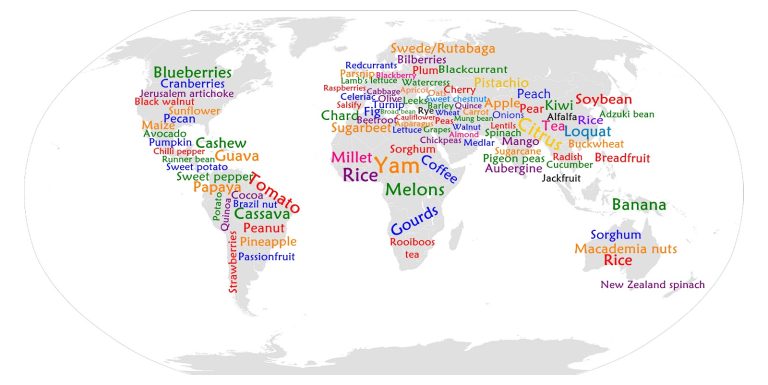In the current housing crisis, most people are stuck in rented housing, paying high rents for what is often poor quality housing far from the permaculture dream of one’s own home.
By Marit Parker

In permaculture circles, when people talk about housing they are usually talking about building their own home from natural materials. (Put the words ‘house’ and ‘permaculture’ into any online search engine and you’ll see what I mean.) This is a fine dream to aim towards, but it doesn’t reflect reality for most people. Observation, which is a key part of permaculture, is about looking at and noticing what things are like right now, not how we wish there were. And in the current housing crisis, most people are stuck in rented housing, paying high rents for what is often poor quality housing.
Where each one of us lives, sometimes just having somewhere to live, is affected by our position in society, and this in turn is affected by many different factors, including what job we have, our income and our level of education. In turn, these are all affected by where our family is originally from, our parent’s jobs, our skin colour, our gender, our religion.
The people living closest to sources of pollution are unlikely to be responsible for the siting or building of the factory/power station/motorway but they are the ones paying a high price for the pollution and this will probably be reflected in health statistics and mortality figures for the area. For example, in South Wales the life expectancy of people in former mining towns, where most of the mines have been closed for twenty to thirty years, is still twenty years less than the life expectancy of people in rural market towns less than 10 miles away (1).
The poor state of much rented property also affects people’s health. Yet simple measures such as insulating houses well so they don’t cost so much to heat can make a huge difference. However the biggest issue is the high rents, and this is because housing has been privatised. Property is now primarily an investment, rather than someone’s home, and investors aren’t interested in spending their profit on maintenance. Yet for those paying the rent, this now consumes the majority of their income, leaving little for other essentials such as food, heating and transport. In fact, rents are so high that in many places it is impossible for a single person working full-time for minimum wage to be able to afford their own house.
This interconnection between housing and health and social position highlights how environmental issues and social issues are inextricably bound up together. Avoiding social issues and talking only of the dream of building their own house means permaculturists are guilty of perpetuating inequalities and aren’t really seeing, or observing, the full picture. The ethics that underlie permaculture are: care of the earth, care of people and fair shares. If we take all three of these ethics equally seriously, then social justice and working towards equality have to be part of permaculture thinking.
The Women’s Permaculture Guild online permaculture design course includes several new modules on social permaculture. These include one entitled Social Justice and Decolonisation, which it is my great pleasure to be teaching. In this module we look in more depth at issues such as inequality, privilege and housing, using permaculture principles to help us see things from different perspectives.
1. Aneurin Bevan Health Board Living Longer, Living Well: Delivering excellence by enhancing Primary Care in deprived communities.http://www.wales.nhs.uk/sitesplus/documents/866/3.5%20living%20longer%20living%20well%20november%20board%20paper.pdf2012. 3. Accessed Nov 20th2017.
Marit Parker works as a support worker and is also a hill farmer in South Wales. https://justkindawild.wordpress.com/



